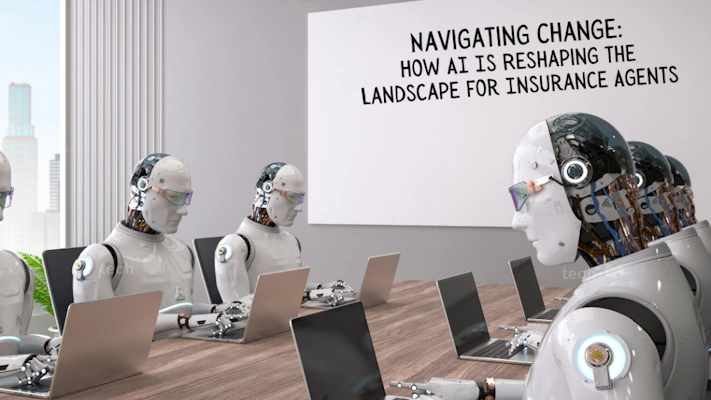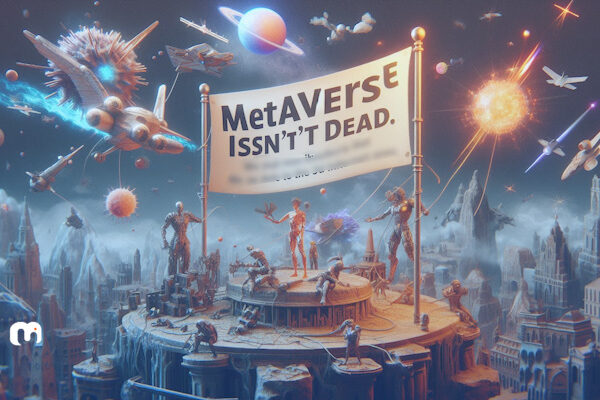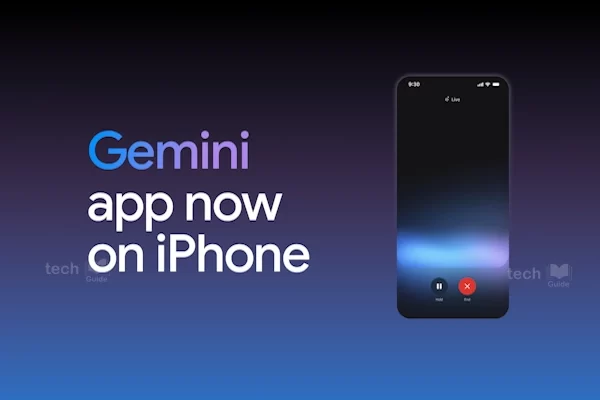
We all know that, with the rise of generative AI and AI-powered agents, many professions are experiencing significant transformations, and the insurance industry is no exception. I was thinking to do some research on how AI could affect various job profiles with the emergence of Agentic AI. So, I did choose few jobs to perform an analysis. One of it was Insurance agents, who traditionally sell policies to earn commissions. Will this role continue to exist, and if so, how will it evolve? Let’s dive into the answers for these pressing questions and also explore the skills they might need to survive / thrive in an AI-driven landscape.
1. What will be the impact on Insurance Agents’ job profile?
With no doubt, I could see AI agents and generative AI technologies will revolutionize the way insurance products are marketed, sold, and managed. The advancements in tech shall bring both challenges and opportunities for insurance agents. AI-powered tools are increasingly streamlining the tasks like policy comparison, risk assessment, and customer support, thereby reducing the necessity for human involvement in routine processes and enabling greater operational efficiency. Additionally, nowadays insurance companies are adopting direct-to-consumer models with the help of AI enabled tech, making purchasing insurance faster and more cost-effective for customers. Due to this shift, the demand for insurance agents shall reduce to a great extent.
See: Notion Redefines Note-taking with Its Impressive Features
However, in the gen-z era – consumer expectations for instant, 24/7 assistance, personalized support are expanding. AI chatbots and virtual assistants help to meet this demand by providing real-time responses, outperforming human agents both in terms of speed and easily accessible all the time. Though these shifts pose significant challenges to human agents, they also open doors for agents to redefine their value by focusing on areas where human expertise is irreplaceable, such as more personalized service and complex decision-making.
2. How will it be affected?
Based on various aspects, the job of an insurance agent will likely continue to exist, but its nature will evolve / transform significantly. Instead of only selling policies, agents will transition to advisory roles, helping customers to navigate complex insurance products and make informed decisions. Specialization shall also play a key role, with agents focusing on niche/ specific areas of insurance like life insurance, disability insurance, or auto insurance. Personal know-how about customers will add value to succeed.
Now human agents will have to collaborate with AI tools to enhance efficiency and deliver better customer experiences. For example, AI can handle data analysis and administrative tasks, freeing agents to concentrate on relationship-building. Additionally, I think because of the heavily regulated nature of the industry, human agents will remain crucial to ensure compliance and oversee all the AI-driven tasks / processes. Overall, the role of insurance agents should transform from transactional to relational nature, to emphasize more trust, empathy, and personalized service.
3. What skills should these Agents acquire to survive?
To remain competitive and relevant in the industry moving ahead, insurance agents must acquire / adapt new skills that align themselves with the changing landscape. Its high time! they should focus on developing technical expertise, such as learning how to leverage AI tools, gain data insights from AI tools, use Analytics and CRM software powered by AI, and marketing themselves by building a personal brand will become critically important.
See: Google Launches Standalone Gemini AI App for iPhone
Developing their interpersonal skills will be equally important. Agents should empathize to better understand and address customers specific needs and communicate the value of insurance policies to build long-term relationships through transparency and trust-building. I also came across reading about some very niche areas of specialization like cybersecurity insurance, climate risk insurance which I don’t have knowledge. But specializing in such niche areas shall help agents stay ahead.
Finally, continuous learning is essential. Agents must stay updated on industry trends and technical advancements, get certified in specialized insurance areas, leverage AI-related tools to exchange insights and best practices. This way human agents can position themselves as indispensable advisors in the evolving insurance landscape.
Conclusion
The emergence of Agentic AI will undoubtedly disrupt the traditional role of insurance agents, but it will not render them obsolete. By adapting to change and upskilling in areas where humans excel – like empathy, trust-building, and complex problem-solving – human insurance agents can continue to remain indispensable in an AI-driven world. The future will belong to those who adapt and find ways to leverage AI as a companion, and not a competitor. We have to wait and watch!







